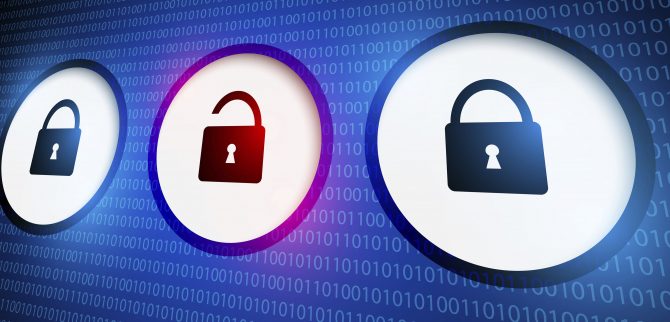Verisign is pleased to announce the public introduction of getdns at The Next Web in Amsterdam (TNWEurope) April 23-24, 2014. Verisign Labs and NLNet Labs in collaboration have developed getdns, an open source implementation of the getdns-api application programming interface (api) specification.
At The Next Web, getdns is one of the challenge APIs in a 36-hour Hack Battle. Multiple teams of application coding experts are using getdns to develop innovative applications that leverage the global security infrastructure available through DNS Security Extensions (DNSSEC).







